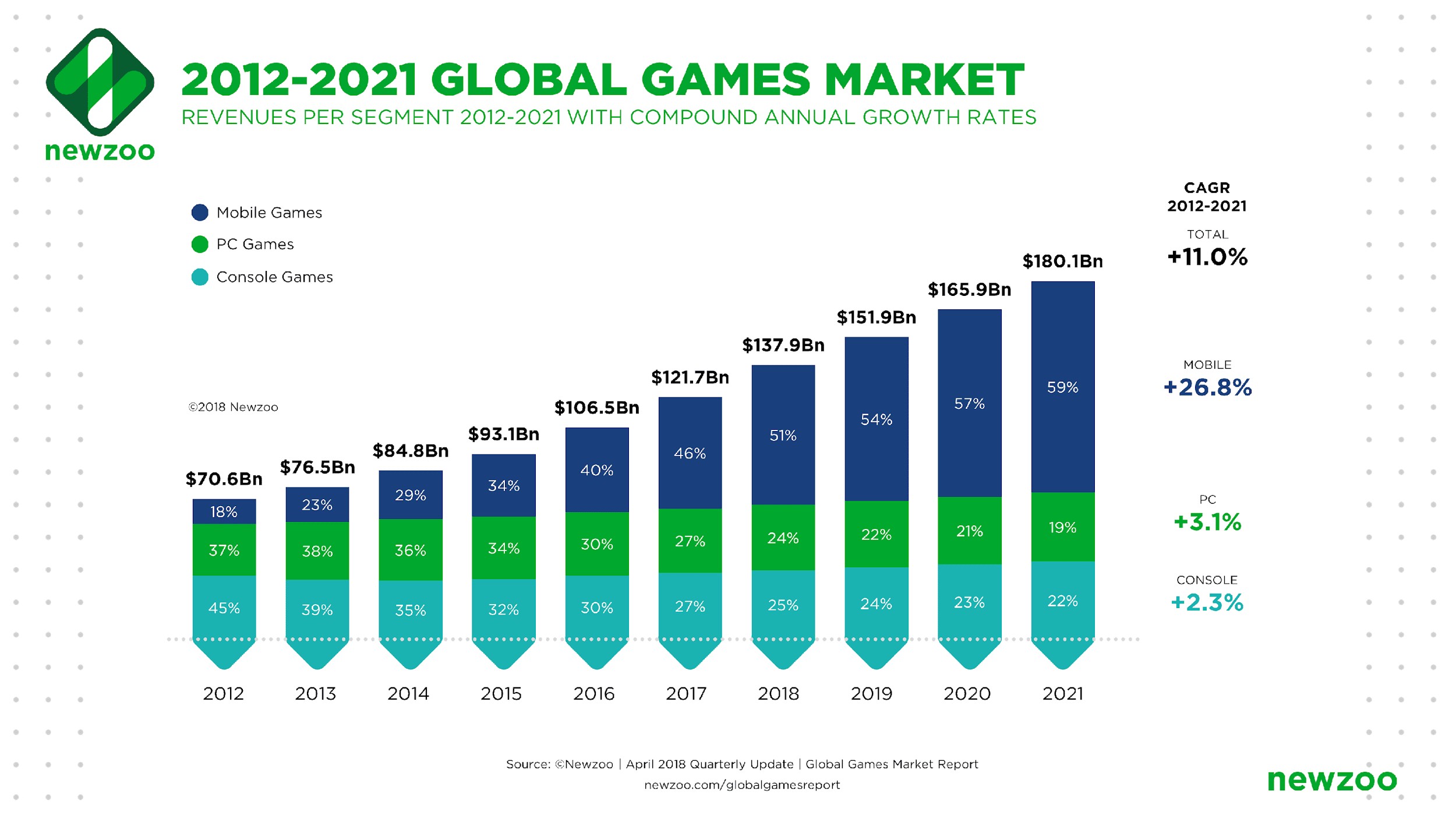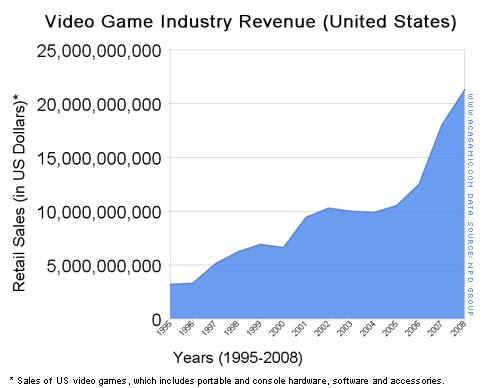High-quality game localization is key to its popularity and expansion to global markets. It’s not something only top-tier, big game publishers do: even if you’re a small gaming company, you can benefit from localizing your games and apps.
Many publishers are wondering is it worth it to pay the extra cost of localization compared to translation. Well, even though they seem similar, translation and localization are actually two different processes. Translation implies that the source text is transferred to another language (target language) so that target users can understand its meaning. Localization, on the other hand, implies full customization of a product to a target market. In order to provide full benefits for publishers, games need to be localized, not only translated.
Video games are interactive media that’s constantly rising in popularity. This industry has been responsible for some of the biggest leaps in technology and innovation. Now, game localization is on its own upward curve. It has become an indispensable part of the production and global launch process. Here are some of its biggest advantages:
- Global expansion
Obviously, the biggest advantage of localizing games is that you will be able to publish it on a global level and reach multilingual and multinational audiences. However, you have to make sure that it’s all done on a highly professional level to actually reap all the benefits it has to offer. Visit certified translation services online and hire certified translators who will make sure your game is localized perfectly. You should always look for translators and localization experts who have experience with games because as you know, it’s quite different than other entertainment and communication channels.
- Better sales
Numerous examples show that game localization has a direct impact on sales. For example, when publishers of Defender’s Quest decided to localize the game, sales of the Russian version on Steam went up by more than 6%. Also, the localization improved sales on the German market.
Games published in mobile app stores can also increase sales by localization. For example, Abe The Dragon had an increase to 23,000 downloads from 3,000 after localizing to different languages.
- Improved gaming experience
The argument that “everyone speaks English nowadays” is definitely not valid when it comes to user experience. If you’re not a native English speaker, you are definitely aware of the fact that you will always experience content more deeply if it’s in your native language.
For games, it’s even more important that the interface and the environment are immersive. Players who had a difficult time keeping up with complex storylines in their non-native languages can now fully enjoy all that your game has to offer. In reality, it’s all about catering to the player in the best way you can. Gamers will recognize this type of personalization and customization and be thankful for it.
- Promote professionalism and brand reputation
As a publisher, you should work with professional localization agencies and companies to make sure that the final result is impeccable. For game localization services, you can hire one of the services at translation services online. Not only will they provide you with translations and localizations from a native speaker, but everything goes through multiple phases of checking and testing.
Even the tiniest errors in localization can come back to haunt you and damage your reputation as a brand publisher. Gamers love to keep track and joke about poor translations they noticed while playing. Make sure you don’t end up in this bad game translations hall of fame!
Here is how you can make sure your game localizations are up to par, even if you don’t speak the language:
- check for inconsistencies compared to the original
- watch out for machine translation
- translate all game-related material, not just the game itself
- hire external proofreaders, checkers and testers for extra reassurance
- App store rankings improvement
Player ratings are visible to everyone on the app store or game marketplaces. When a game is localized to other major languages, it has a positive impact on reviews. If a game is published in one language only, players might leave negative reviews as a sign of protest. Usually, publishers react to that retroactively and decide to localize only then. Don’t wait for bad reviews to localize your game – do it in advance and reap ratings!
Market research has shown that users are more likely to pay for a game in the app store or in Google Play if it’s professionally translated to their native language. This is how localization directly impacts app sales. It also has an indirect impact by increasing the number of downloads. So, if your primary source of income is in-game ads and purchases, a boost in downloads will also increase those as well.
The way it works in app stores is very simple: if users search for keywords related to your game, the ones who do it in their native language are more likely to come across your game. In other words, the competition is lower, but the rewards are just as high.
Conclusion
All in all, there are definitely no downsides to deciding to localize your game. A small initial investment will continue to pay off in the long run in terms of sales and brand reputation. You are more likely to form connections to players globally if you offer them games localized to their language and culture. Just make sure that the localization is done on a professional level, because bad localization is, in most cases, worse than no localization. Cooperate with experts and make sure you triple-check everything before publishing.

